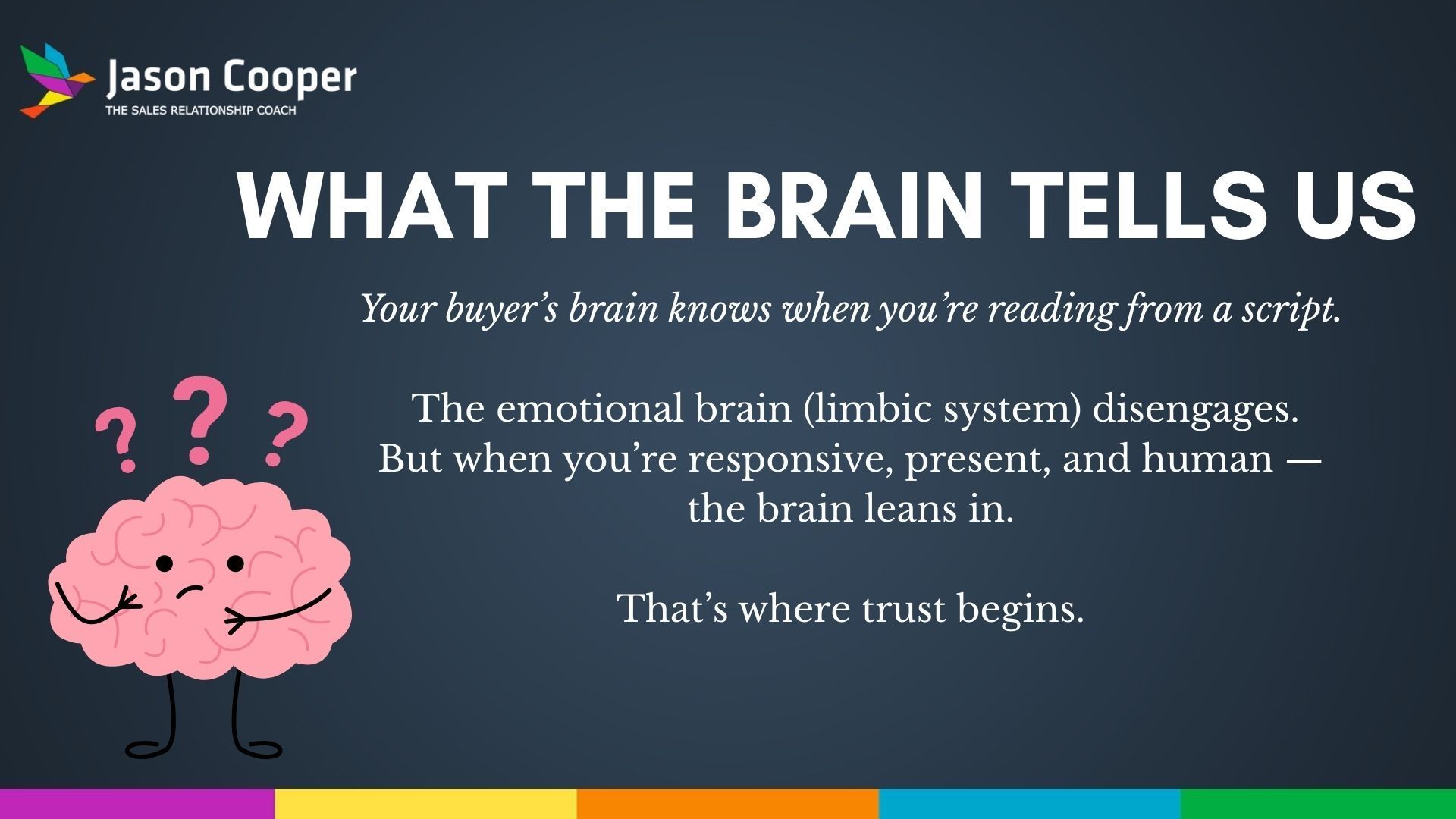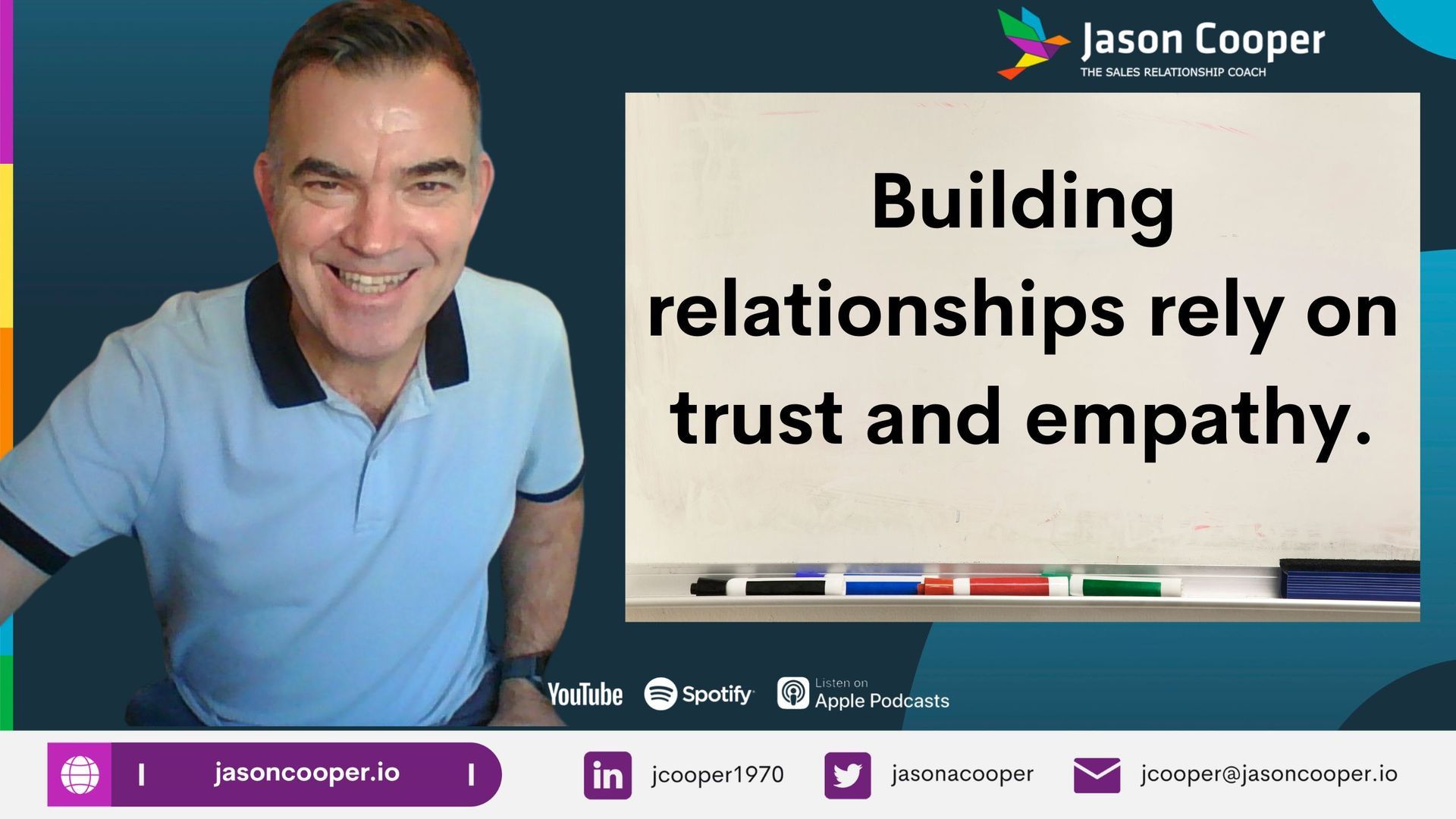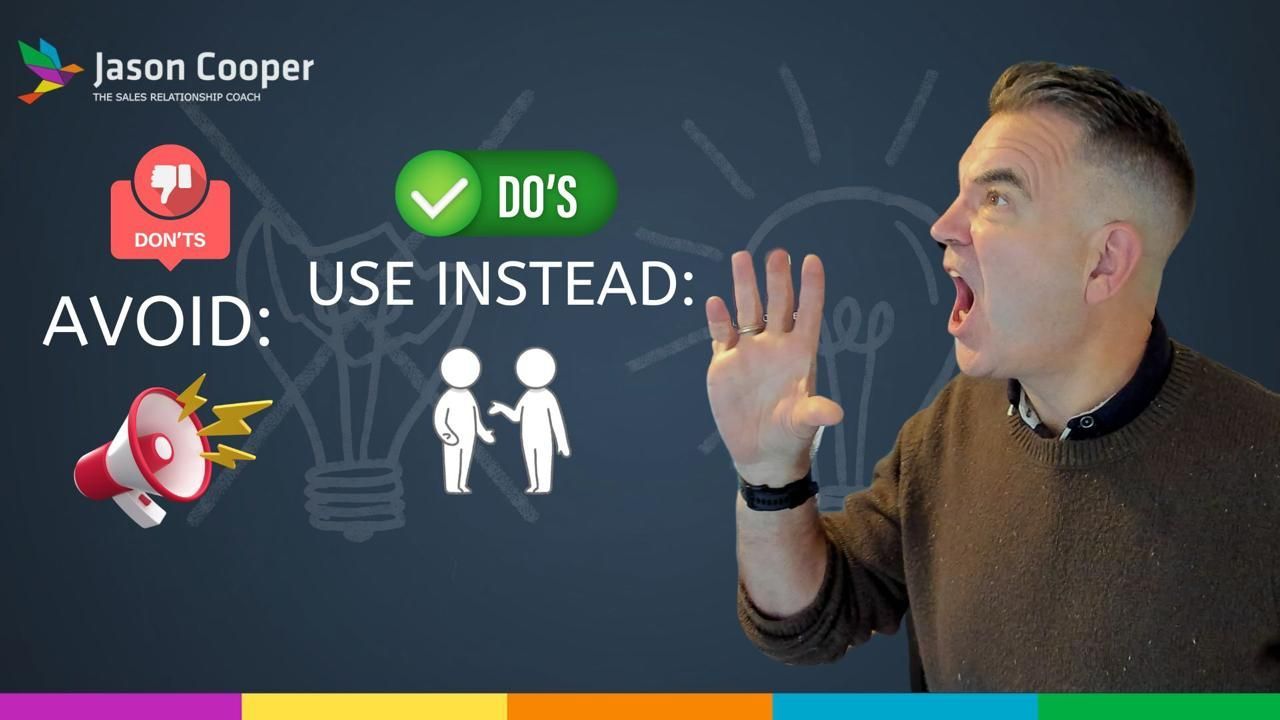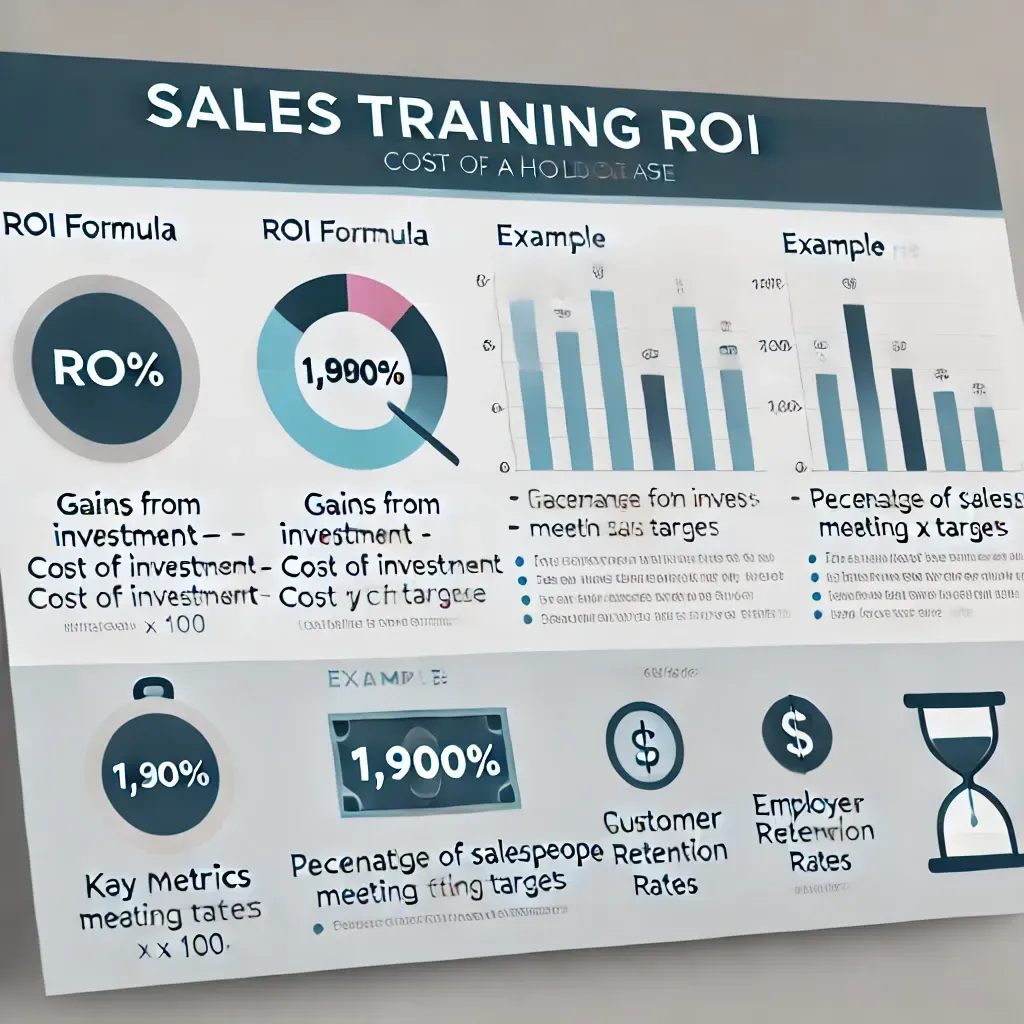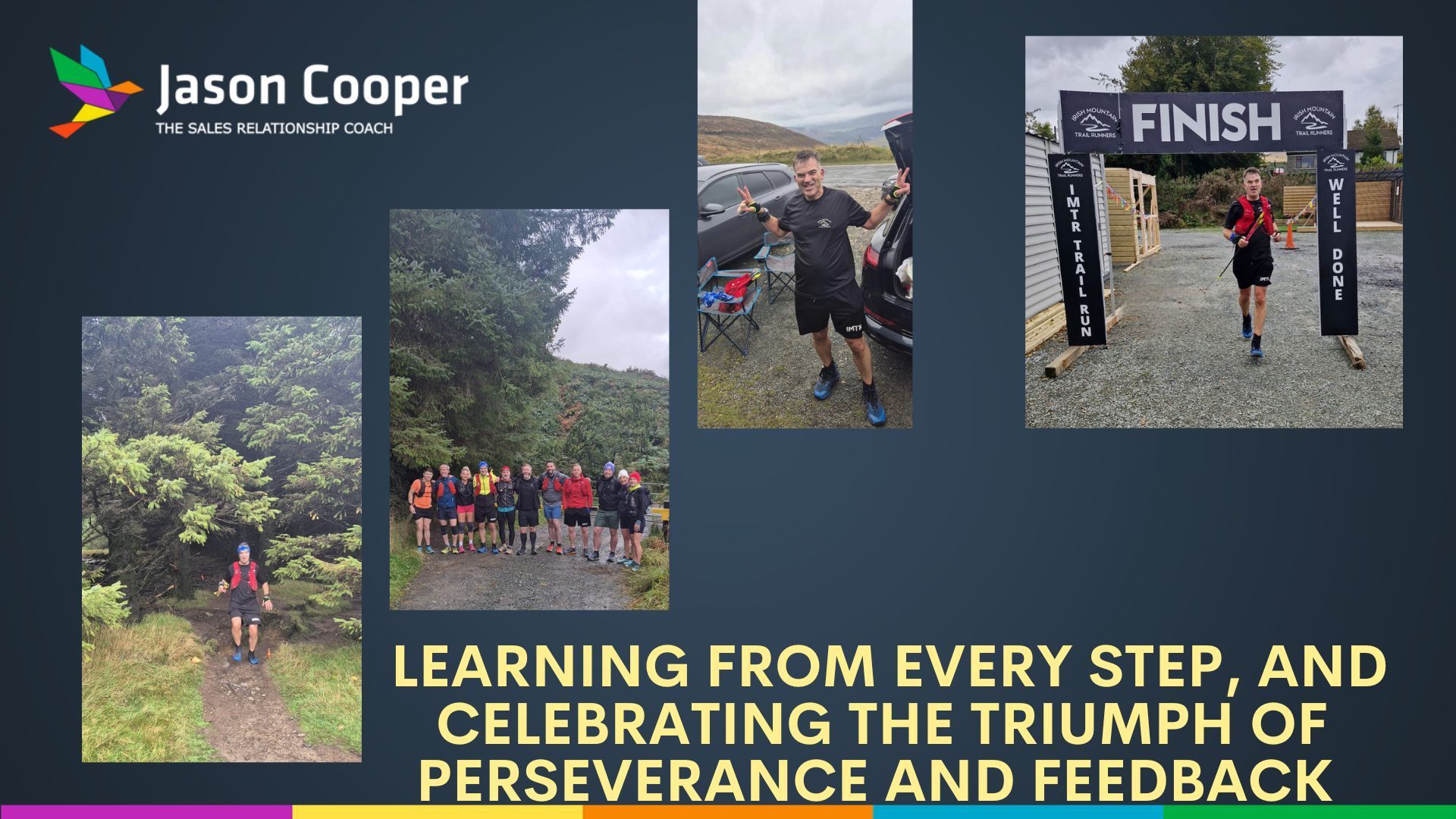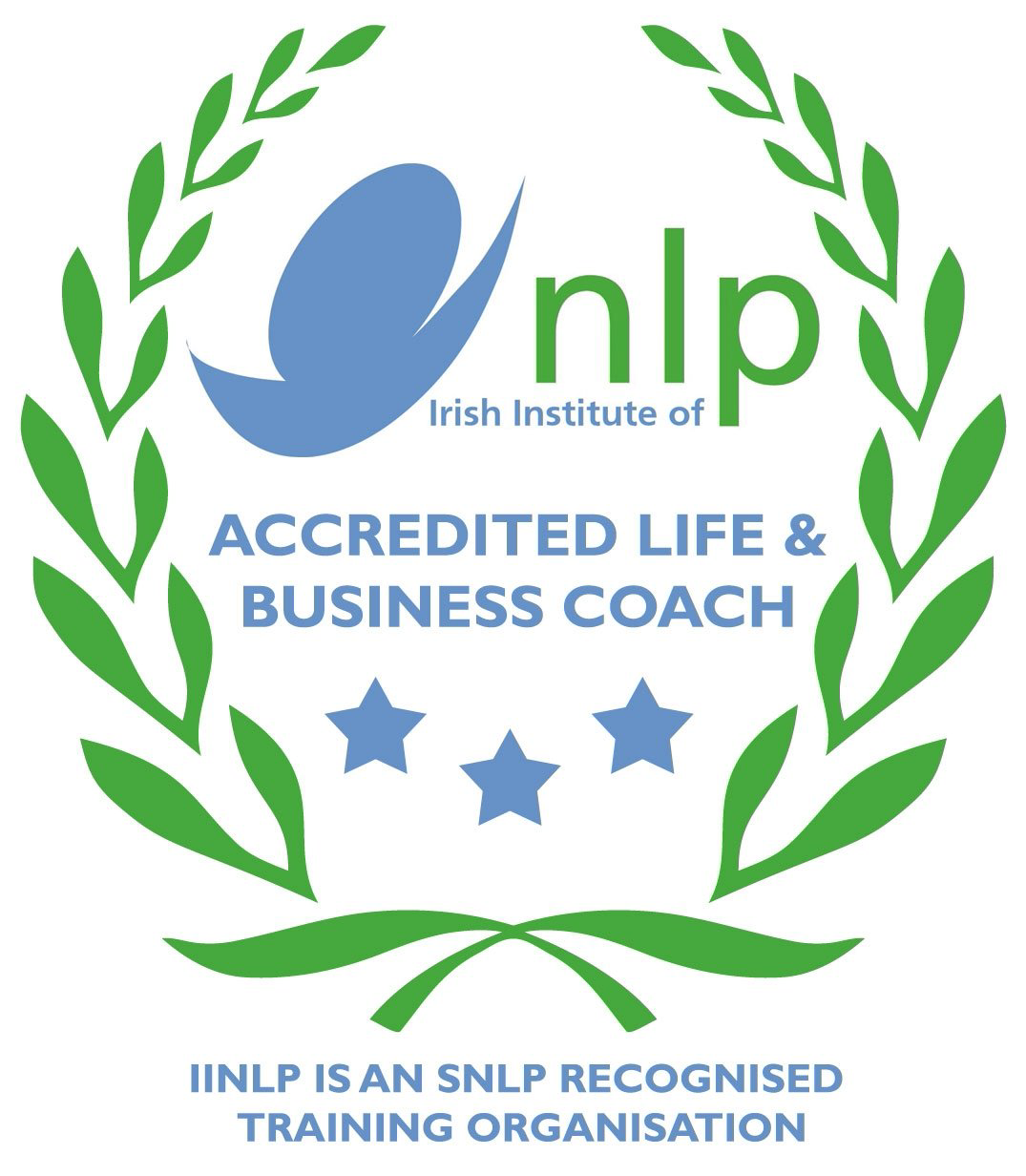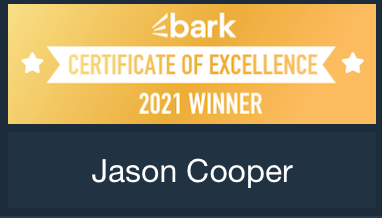Here are some practical tips on how to put what you've learned into practice.
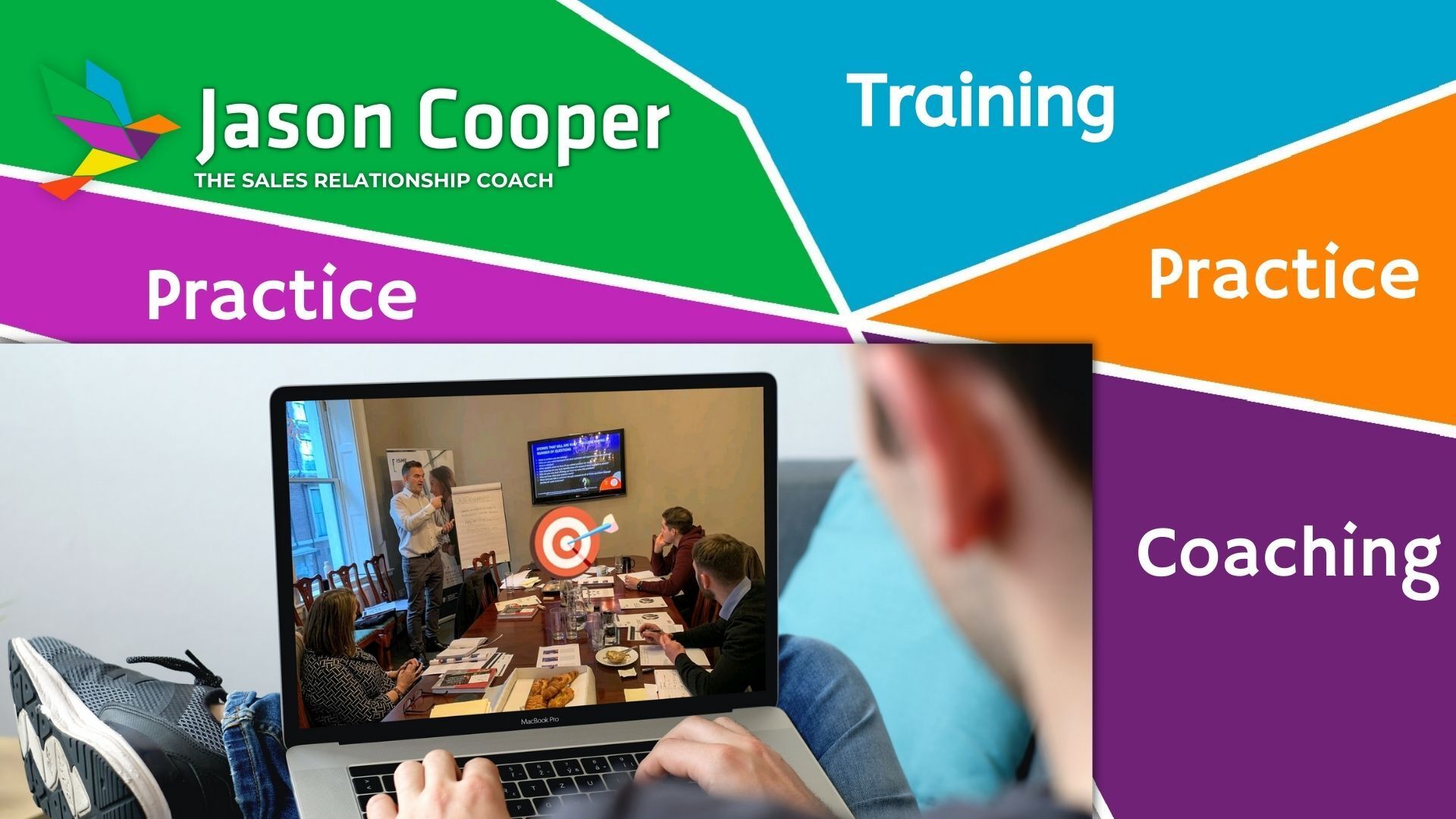
It is possible to teach sellers practical skills if there is a follow-up system of coaching and then letting them apply what they have learned to real-life situations and learn by failing and discovering and then feeding back and forward to help them achieve their objectives.
Here are some practical tips on how to put what you've learned into practice.
Would you consider yourself the undisputed top seller in your industry? Is your competition no longer striving for improvement? What is your sector like, and what is your product like?
If you answered "no" to any of these questions, then your job and commissions can improve by doing a simple thing.
Practice. Practice. Practice.
Practicing plays a big part in why they are in the top 5 per cent. In the top 5 per cent of all seller's practice, the very best presenters, trainers and coaches practice even if they know the subject well. It's their routine.
If you look at painting, sports, music, carpentry , or gardening, there is no success without practice. So, what makes selling any different?
Many people think they already possess the necessary skills or just keep them on the shelf to dust them off when the time comes to pursue sales. But, unfortunately, too many sellers want to believe that they can't get better, me that's a fixed mindset, or they think they know it all and don't want to learn. So for me, I get a hunger that I need to learn my craft to bring different aspects from various points of view.
With so much confidence, they need to research the Dunning-Kruger Effect: "Not only do they reach incorrect conclusions (about their abilities) and make regrettable errors, but their incompetence prevents them from recognizing it."
The practice may not be fun, but it's almost always worth it.
Here are four tips for sellers to incorporate practice as part of the daily routine.
1️⃣Ask your customers for feedback. Even if you lose, listening to your customer or prospect's feedback is crucial. Which of your actions was correct? If you could have done anything better, what would you have done? Are there any misunderstandings? If the prospect rejects your sales pitch, you may want to walk away and move on. Avoid. The lessons we learn from failure are invaluable. Did your customer ever feel as if you were pushing them? Be sure that prospects don't say that you lost because of your high price. There is usually more to it than that, but it's rarely the only factor to consider. Rather than asking the prospect what they can do to help you, ask them to teach you.
2️⃣Reduce the number of filler words. Uh-huh. You know. Like. Uh. Okay. We use these words and phrases to function as crutches when frightened or unprepared. According to the Harvard Business Review, filler words "degrade our credibility and distract from our message," and that they should be eliminated with one hour of practice for every minute of the performance. To identify crutch words, when I'm speaking on a Zoom or business call, I usually get someone else to listen to the recorded message or zoom and get them to critique words I continually use. External ears are precious.
3️⃣The number of fillers she hears is always greater than what I listen to her saying
Focus on what's most important. The skills required for each sale are different for every seller; every sale has specific strengths and weaknesses. Focus on the highest-leverage characteristics you must master when deciding what to practice. Some people struggle to find new prospects, for instance. Others struggle to convert demand into sales despite a high level of interest. Negotiation skills are often lacking among many of them. Selling well requires expertise in a few areas, but not in everything. Take advantage of this practice not only to strengthen your weaknesses but also to hone your strengths.
4️⃣Roleplay about what you plan to say. This means saying it with a partner who roleplays the other side. The seller needs to be polished and prepared. The partner needs to respond with the predictable objections, questions, and challenges that sales professionals face. Sellers should practice until they become skilled at presenting solutions clearly and concisely. We all have blind spots. Roleplaying helps bring them to the fore.
How much do you need to practice? Some say it takes 10,000 hours to become an expert. But even if you consider yourself an expert, remember that others are working hard to surpass you.
Continuous practice is more important than the total number of hours of practice. There's no point in hitting 10,000 hours if you backslide as soon as you reach the summit.
When is it okay to stop practicing?
My answer:
Practicing should never stops; learning to improve never stops being a better version of yourself never stops.
High Performance Blog

Five years ago, I hit ‘record’ for the very first time on The Global Sales Leader Podcast. I didn’t have a perfectly soundproof studio, a production team, or even a long-term plan—just a fire in my belly and a deep desire to have conversations that mattered. Now, entering the fifth year of hosting conversations with extraordinary business leaders, I’ve become even more selective—every episode must echo my core belief: dialogue, when done right, is a catalyst for change. Today, it’s a great honour and a pleasure to share that The Global Sales Leader Podcast has been listed in the Top 100 Best Business Leadership Podcasts on MillionPodcasts.com. That recognition isn’t just about me—it’s about the power of purposeful conversations, the loyal listeners who lean in, and the incredible guests who share not just knowledge, but wisdom. THREE KEY INSIGHTS People Buy Energy, Not Just Expertise In every conversation, I’ve learned that what resonates most isn’t jargon or perfectly structured advice—it’s human energy. That passion, vulnerability, and truth that comes through when a guest shares their “why” is what sticks. People buy people. Not titles. Relationship Capital is the New ROI From Philip Squire to Tom Ziglar, my guests often echo this: long-term trust outperforms short-term gains. Whether you're selling software or pitching a keynote, it's your ability to build relational equity—emotionally and intellectually—that defines your success trajectory. Podcasting Isn’t a Side Hustle—It’s a Relationship Accelerator Your voice in someone’s ears is intimacy at scale. Being part of someone’s commute, workout, or late-night work sprint is a privilege—and a responsibility. It’s how we build brand trust in a noisy world. ONE ACTIONABLE TIP Want to elevate your brand and build authentic authority? Don’t just get on podcasts—build relationships with hosts, producers, and booking agents. Start with the Top 100 Business Leadership Podcasts on MillionPodcasts.com. Reach out respectfully. Offer a perspective that serves their audience, not just your own agenda. Remember: Outreach that connects always outperforms outreach that pitches. SIGN-OFF As always, thank you for listening, sharing, and evolving with me. Whether you’re in sales, leadership, or just passionate about personal growth, I’m here to help you show up as your best self—strategically and sincerely. 🎧 Listen to the latest episodes: YouTube: https://lnkd.in/eeUh8JNb iTunes: https://bit.ly/4dSE5p3 Let’s keep building purpose-driven conversations that lead to performance-driven results. — Jason #LeadershipPodcast #SalesLeadership #HighPerformanceMindset #PurposeDrivenConversations #GlobalSalesLeader
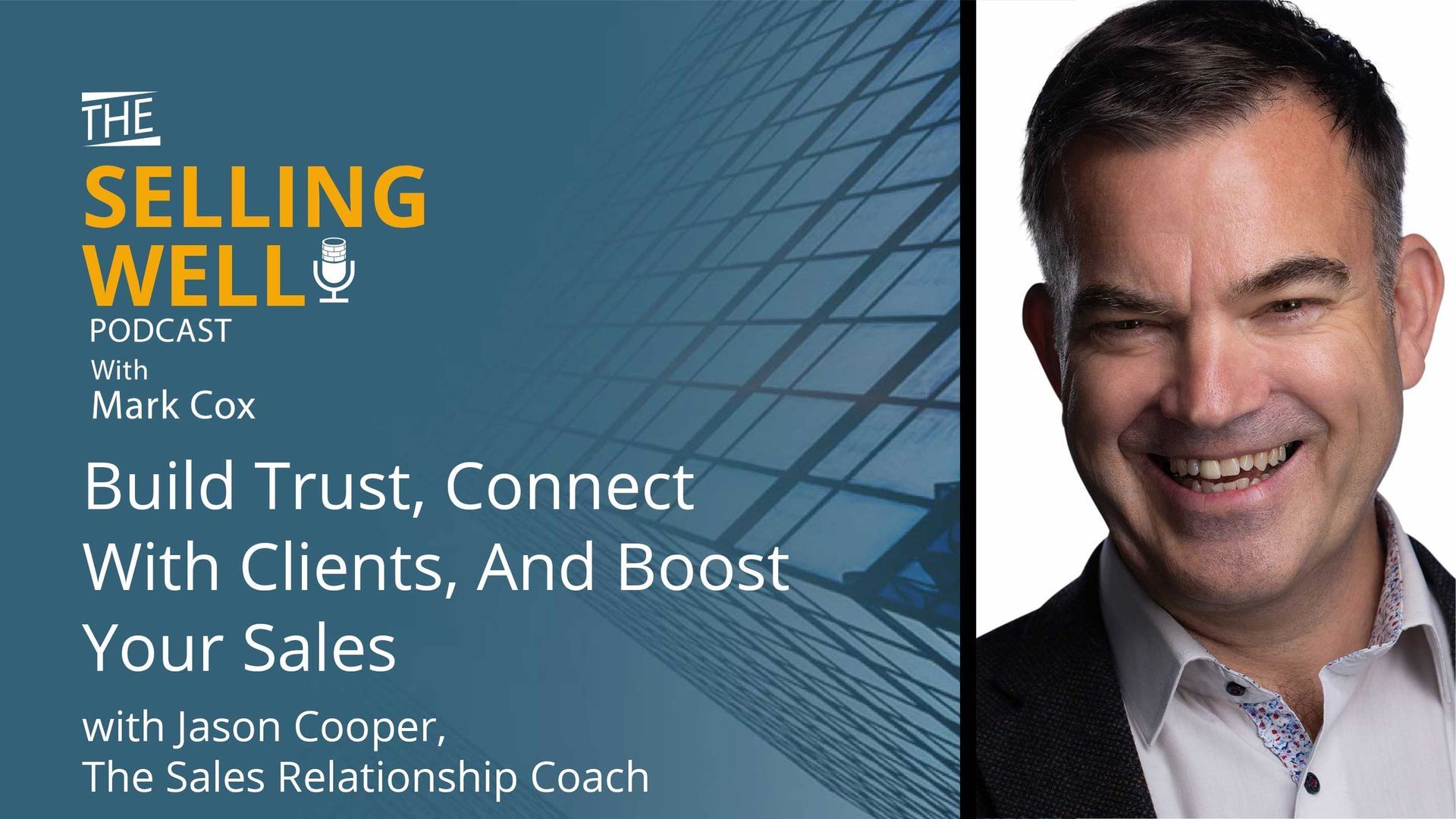
We talk about the use of humor to humanize the whole selling process. We talk about building trust and resilience. We talk about a little bit of neuroscience as it pertains to buyers and sellers. Jason does a little bit of research and work in that category. Those following us closely know I guested on Jason's podcast, The Global Sales Leader Podcast, which was super fun. We’re looking forward to continuing the conversation on the show.


